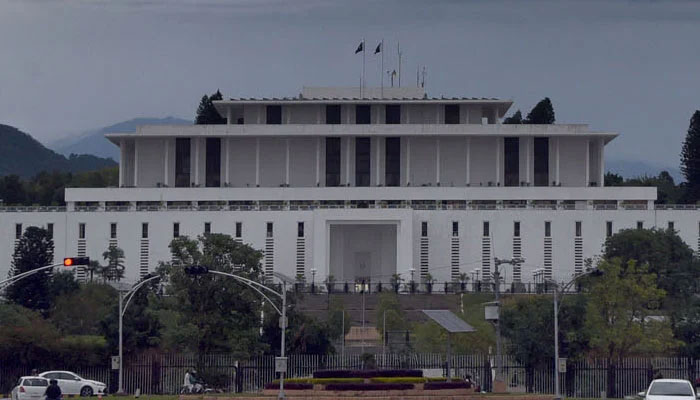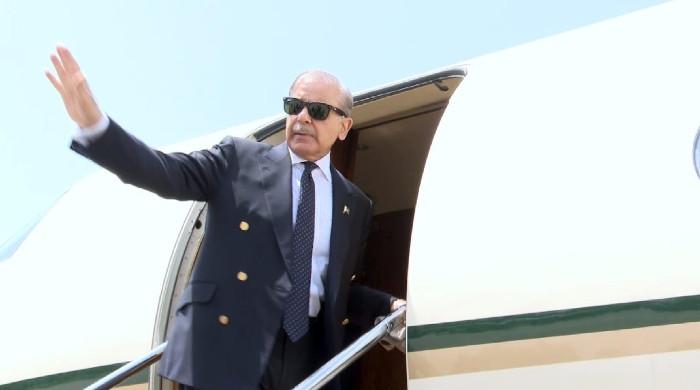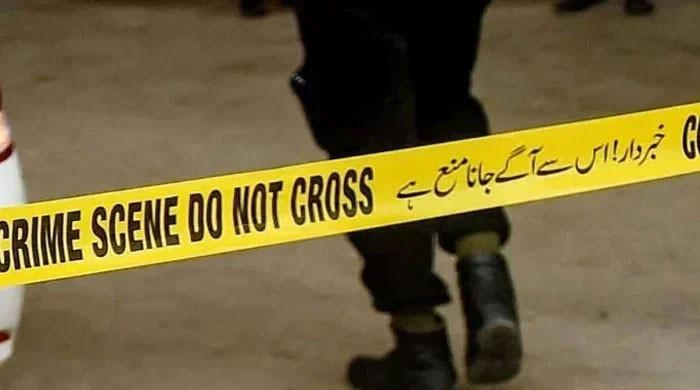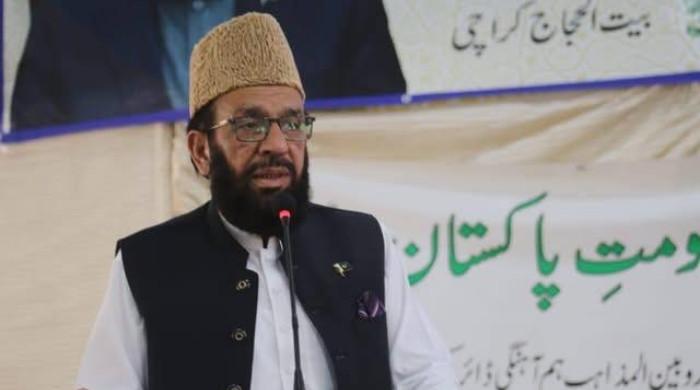PPP, PML-N consider holding presidential elections before Senate polls
PPP's Senator Farooq Naek says per Article 41 presidential election has to be held before March 9
February 23, 2024

- Arif Alvi's tenure ended in September 2023.
- All assemblies to complete oath-taking process by Feb 29.
- PML-N, PPP want presidential election before Mar 8.
ISLAMABAD: Following their power-sharing deal, the Pakistan Peoples Party (PPP) and Pakistan Muslim League-Nawaz (PML-N) are mulling a proposal to hold the presidential election before March 9, ahead of the scheduled Senate elections, under Article 41(5) of the Constitution, reported The News on Friday.
According to Article 41(5), “...an election to fill a vacancy in the office of president shall be held not later than thirty days from the occurrence of the vacancy: Provided that, if the election cannot be held within the period aforesaid because the National Assembly is dissolved, it shall be held within thirty days of the general elections to the Assembly.”
According to sources, serious consideration is being given to the proposal as the newly elected assemblies across the country will take oath by February 29 and a new government be in place by March 2.
Sources say the PML-N, PPP, and their allied parties want the presidential election to be held by March 8 before the completion of the current tenure of the Senate and for the Senate elections to be held after the president is elected.
When contacted, PPP senior leader Senator Farooq H Naek said that as per Article 41, read with the second schedule of the constitution, the presidential election has to be held within 30 days of the general elections.
“This means that the presidential election is to be held before March 9”, he said.
Incumbent President Dr Arif Alvi's five-year tenure officially ended in September of last year however the dentist-turned-politician continued to stay in the office even after the expiration of his stipulated Constitutional term.
President Alvi had agreed to perform his duties until the appointment of his successor as the assemblies were dissolved in August and the elections were not held as per the constitutional time limit.
Article 44 of the Constitution explicitly states that in the absence of the National and provincial assemblies, the president cannot be shown the door despite the completion of his term, unless he opts to leave the prestigious office voluntarily or goes home of his own accord.
PPP Co-Chairperson Asif Ali Zardari will likely return to the presidency as earlier this week the Bilawal Bhutto-Zardari-led party and PML-N agreed to nominate him for the constitutional office as a joint candidate in return for helping Shehbaz Sharif form the government at the Centre under a power-sharing agreement.
The power-sharing deal was finalised after no political party secured a simple majority in the February 8 elections, forcing parties to join hands in their bid to come into power, but the delay of an agreement had raised eyebrows.
After the Feb 8 polls, the Pakistan Tehreek-e-Insaf (PTI)-backed independent candidates secured victory on the most National Assembly seats (92) followed by the PML-N (79) and the PPP (54).
While parties were wheeling and dealing over the government formation, the PTI has allied with the Sunni Ittehad Council (SIC) in a bid to obtain reserved seats.











